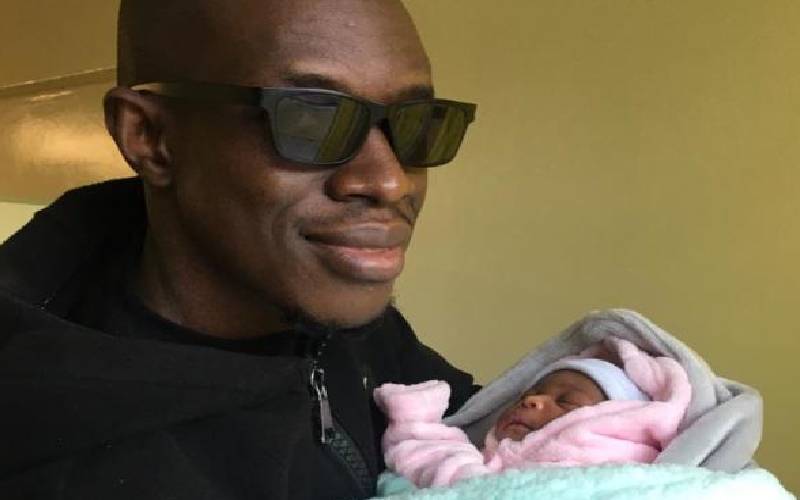×
The Standard e-Paper
Home To Bold Columnists

It had been four years of waiting. After many hospital visits that included a surgery on his wife to remove an overgrown fibroid, they got the news they had waited for. It happened last year in June.
“When we saw the two lines that showed she was pregnant, my wife broke down. We had waited for so long. I knew from that moment that I will not miss a single milestone of fatherhood,” says Peterson Maasa, who works in Machakos.